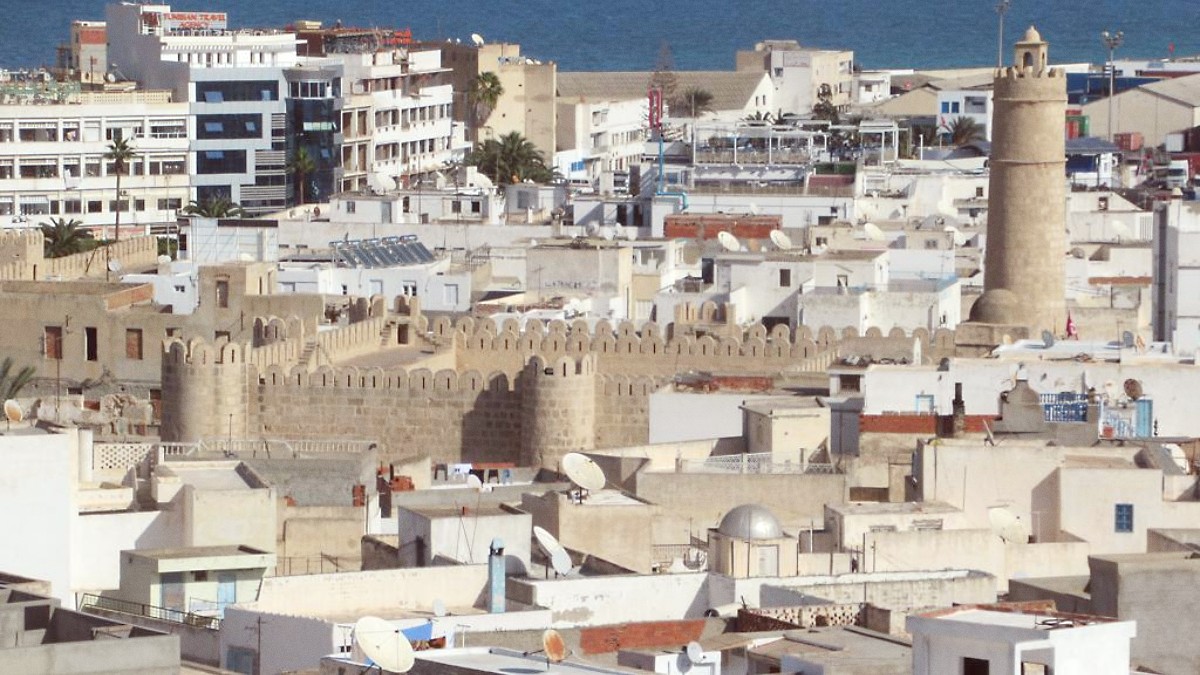
Central Tunisia, Tunisia
Tunisia has national parks like Ichkeul, displaying efforts to conserve habitats. Inquire about tours that prioritize environmental protection.
Fostering respectful interactions and appreciation for Sousse's heritage creates positive experiences for both visitors and residents.
Considering your economic impact on the local community makes your tourism dollars benefit the people and places you visit.
Responsible travel minimizes your ecological footprint.
Waste management and recycling practices are still developing.
Consider contributing to carbon offset programs.
Visible in Sousse, notably in the Medina.
Thoughtful engagement creates positive experiences.
Always ask before photographing individuals, especially women and children. Respect their decision if they decline.
Be discreet when photographing in religious sites or private spaces. Focus on landscapes, architecture, and general market scenes.
Small actions contribute to preserving Tunisia's natural beauty and cultural integrity.
Responsible travel consideration of your economic impact on the local community, making your tourism dollars benefit the people and places you visit.
Community-based tourism initiatives display your money directly supports local populations.
Focus on purchasing handicrafts directly from artisans.
Your spending directly supports Tunisian individuals and small enterprises.
Be wary of exploitative practices.
Direct contributions through established local charities or NGOs are the most effective.
Organizations have infrastructure to use donations for genuine needs.
Individual handouts might not have a lasting positive impact.
Support projects focused on education, health, or poverty alleviation.
Making conscious choices contributes directly to local livelihoods.